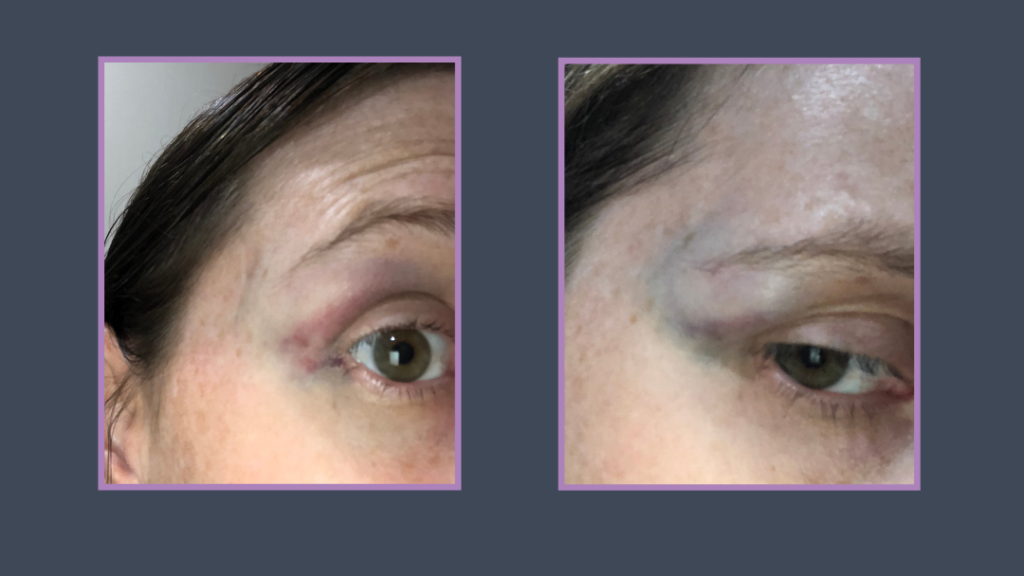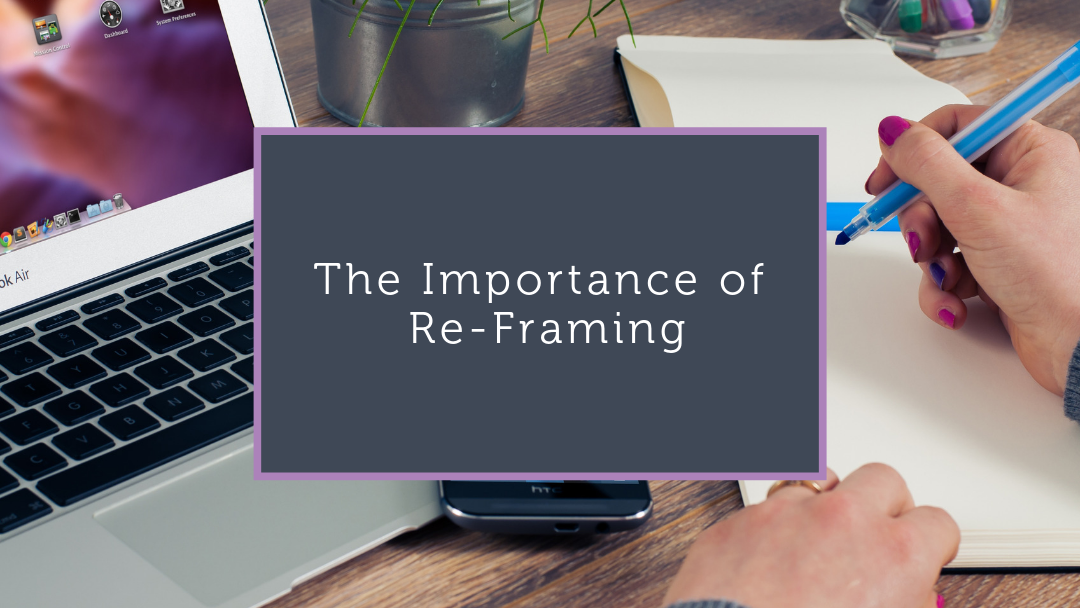How you frame things is extremely important, not just when writing a grant or a tender but in general life as well.

According to M, she is very clumsy and doesn’t have great eyesight and she is so very sorry that she didn’t see me and gave me a black eye. The thing is, I wish I was as athletic as her and had the guts and determination on the netball court that M does. She is brilliant to watch. Yes, she has some collisions and falls over sometimes but that is because she is so focused on getting that ball. Obviously, she takes the most intercepts on the team and is invaluable in defence. But she is framing it differently.
The interesting part is, I started to hear other people making comments like “Of course it was M. Not a game goes by without her falling over” and “Gotta love her, she’s always falling over”. There were no comments about her eye for the ball or her amazing intercept.
I often have conversations with clients that go along the lines of;
Me: What Project Management processes have you got in place?
Client: Well, nothing. We just do the project.
Me: Do you have a Board? Do you report to them during the project? Do you have a project To Do List? Who do you talk to/email about the project? What computer systems do you use? …And so on!
Client: We have a Board and we send them an email about the project every month and they meet every 2 months. I go to the meetings. I have a task list and use Microsoft office to run things. I talk to x,y and z because they are helping with a, b and c.
Me: So, you have an established governance process with a project team overseen by a Board. The project manager provides written project status updates to the Board of Management weekly and a verbal presentation every 2 months. You undertake regular communication and engagement with stakeholders x, y and z. You do NOT do nothing! We can work with this!
Assessors are people too – if you frame things in the right way, they are far more inclined to see it that way. How are you framing your proposals and what changes could you make to improve people’s perceptions?






